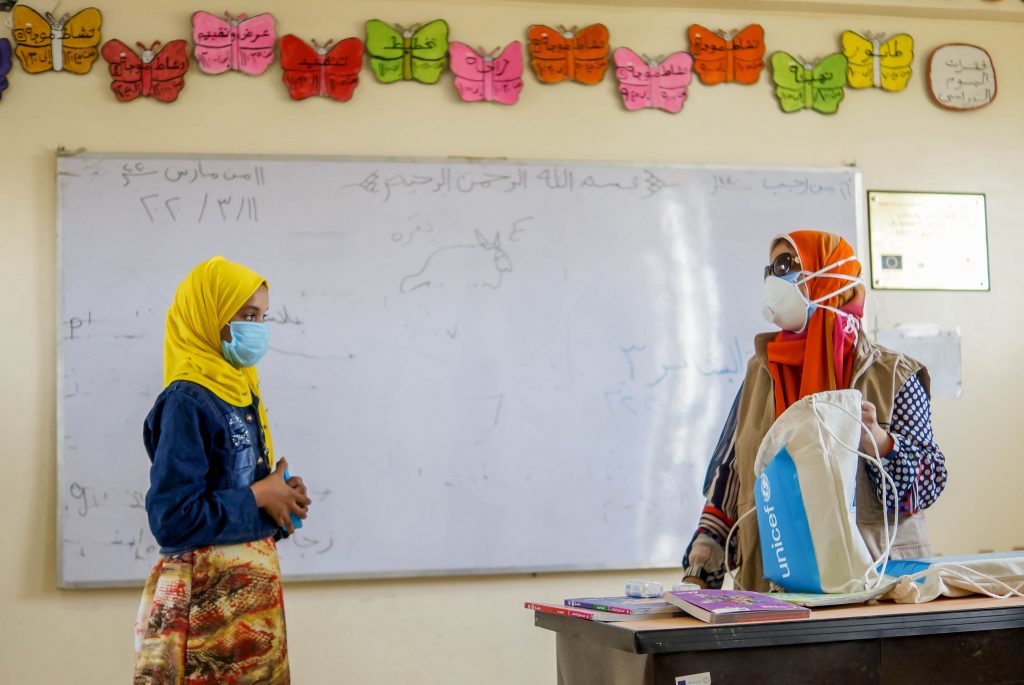In situations of long term or protracted emergencies, populations can suffer from fatigue or complacency about the measures designed to protect them. This brief focuses on social and cultural influences for sustained COVID-19 prevention and risk reduction behaviours in the Eastern Mediterranean / Middle East and North Africa (MENA) region. COVID-19 has shifted from an acute to a chronic crisis, and strategies to encourage the public to continue with protective behaviours are essential. The brief can be read in conjunction with previous briefs by the Social Science in Humanitarian Action Platform (SSHAP) on prevention measures in the context of COVID-19. A second brief relating specifically to vaccination behaviours in the region is forthcoming.
The brief synthesises evidence published by UNICEF in a comprehensive review of the scientific and grey literature and the media. It is intended to inform the development of risk communication and community engagement (RCCE) strategies and regional guidance and tools as the COVID-19 crisis evolves; operational considerations based on the findings are set out at the end of this synthesis. It was developed for SSHAP by Anthrologica on request of UNICEF MENA Regional Office with contributions from the regional RCCE Interagency Working Group and UNICEF country offices. The brief is the responsibility of the SSHAP.



